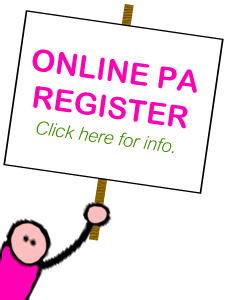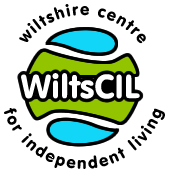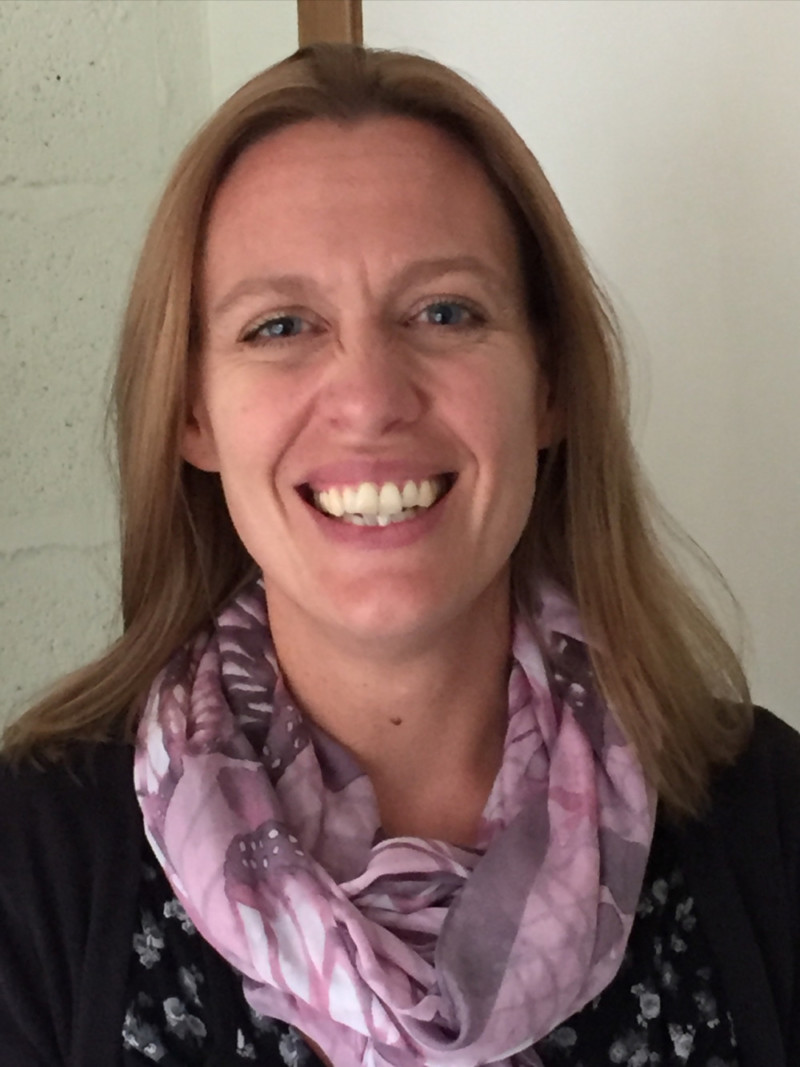I have just celebrated 4 years of working for Wiltshire Centre for Independent Living. I use the word celebrated because coming to work here has changed my life in many ways, it’s also a word that we as a team like to use; its positive and inspiring, and to be honest what’s not to smile about when you use the word celebrate?
I automatically think of success, of an achievement, of happy times. We as a culture celebrate all the time, whether it be a birthday, new home, graduation, Christmas, a birth. The list of events to celebrate is endless, so much so that I’m pretty sure you can now buy a special occasion card for each day of the year, that’s if you have a flush budget I suppose!
This word naturally brings about a positive mindset, a sense of hopefulness, a look to the future, that something has happened and there will be a move forward because of it. So, my question is why as human beings can we not seem to bring the word celebrate into action in our daily lives, so that we focus more on the good rather than the not so good?
Here at Wiltshire Centre for Independent Living we have received external funding from our local CCG to develop our #MakeSomeoneWelcome project over the last year. #MakeSomeoneWelcome started life as a grassroots community campaign where we hit the streets linking up with local community groups and asking them to make the pledge to be inclusive, in conjunction we braved twitter – using the hashtag to generate interest. To date we have around 200 groups signed up throughout Wiltshire, Bath and North East Somerset and Swindon. Our ambition was and still is to create a community wide movement for change with all our residents feeling supported, valued and connected.
With our new funding we added another activity to #MakeSomeoneWelcome, working on a 1:1 basis with people who are at risk of or experiencing mental health issues. This was a development of our support planning service; using our ‘Good Life’ conversation framework to see how best we could support people to live the life they wanted to live. The Good Life conversation is roughly structured around 3 questions:
- What does a good life look like to you?
- What do you have to live that life?
- What do you need?
In practice the conversation can cover everything that a person feels is relevant, from childhood experiences to secret ambitions. After this initial conversation we then work with people in a flexible and person-centred way: being alongside them as they make steps to live their good life.
We have developed this way of working over the last 4 years after being inspired by Asset Based Community Development. Using a strengths-based approach in all our work has been massively effective; making such a difference to individual’s lives.
BUT! I use shouty capitals for a good reason because the strengths-based approach will only work with those with the right mind set and this often takes time to embed. All too often the individuals that we meet are experiencing some form of trauma which has had negative impact to their mental health and wellbeing, they are more likely to be looking for a dark corner to hide in rather than getting the bunting out, so to ask them to start celebrating is not high on their to do list.
Encouraging individuals to look at themselves, to think about what makes them tick, what they like, what they hope for, and what’s important to them and then taking all those “what’s” and putting them into practice using that person’s own resources, well, that’s the start of the Good Life conversation. Sounds easy right? Nope it’s the hardest conversation to put into practice, even to start. We’re all quite good at telling people what is wrong, our service culture even encouraged it over the years, just take assessments for example they’re all about what you can’t do! But where exactly does it get us? It leaves us feeling exhausted, feeling low, feeling negative, feeling disempowered.
A reflective question I ask myself all the time is “What can I do to make a real difference in the work I do?” The one thing that I need to be able to do, is notice the positive points from the information that I am listening to, no matter how small. I must have the positive mindset that I am hoping to instil in the individual I am working with. I must be able to nurture what they have, what they can do, what they like, to encourage them into thinking positively about themselves and their life.
It still amazes me, even after 100’s of Good Life conversations, what a powerful impact a strengths based conversation can have, for someone to learn to focus on the positives, even in the worst times, and then turn that round to see that they are good enough and what they do have is more than they can imagine and a strong foundation to build on…well…that’s something to celebrate, right?



